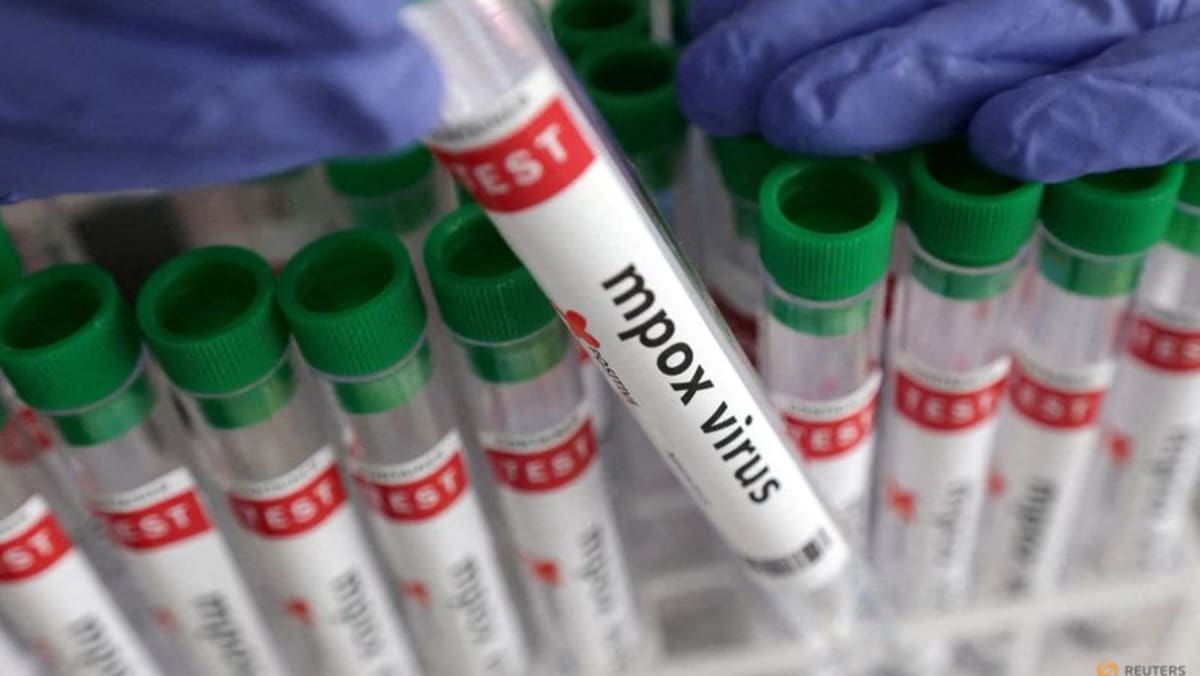Last month, the World Health Organization declared mpox a global public health emergency, its highest form of alert, for the second time in two years, following an outbreak in the Democratic Republic of Congo that had spread to neighbouring countries.
The disease is usually mild but can kill, with children, pregnant women and people with weakened immune systems, such as those with HIV, all at higher risk of complications.
While mpox has been known for decades, a new deadlier and more transmissible strain – known as Clade 1b – has driven the recent surge in cases.
Clade 1b causes death in about 3.6 per cent of cases, with children more at risk, according to the World Health Organization.
Singapore earlier this month said that it would offer the mpox vaccine to healthcare workers who are at the highest risk of exposure to the disease as well as close contacts of confirmed cases.
The vaccine JYNNEOS – which has been used in Singapore for protection against mpox and smallpox – will be offered free to both groups.
Singapore has already implemented temperature and visual screening for certain inbound travellers and crew at Changi and Seletar airports as a precautionary measure.
Similar screening measures will also be implemented at sea checkpoints for crew and passengers arriving on ships from mpox affected areas, the health ministry said in August.
There have been 15 mpox cases in Singapore so far this year, all of them clade II.
